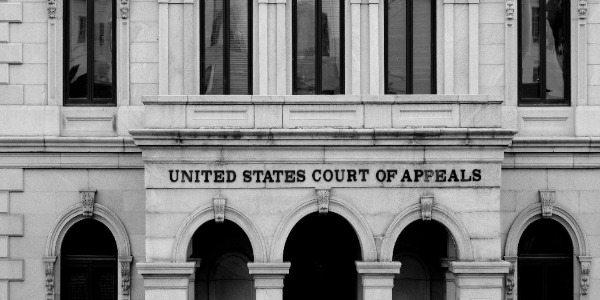2 min read
Stephens v. Kijakazi: US Appeals Court Decision on Disability Benefits
Joe Whitcomb
:
September 19, 2024

Christina Stephens, a plaintiff who applied for Social Security Disability Insurance (SSDI) and Supplemental Security Income (SSI), challenged the decision to deny her benefits. After being denied by the Administrative Law Judge (ALJ) and the District Court of Oregon, she took her case to the Ninth Circuit Court of Appeals, hoping to reverse the decision.
Stephens claimed that her physical and mental health conditions, such as anxiety, panic attacks, neuropathy, and back pain, made it impossible for her to work. She argued that the ALJ made several mistakes by discounting her testimony about her symptoms, ignoring medical evidence, and not properly considering the testimony of her mother and boyfriend.
Stephens's Claims on Appeal
One of Stephens's main arguments was that the ALJ improperly rejected her testimony about how her conditions impacted her daily life. She stated that her physical limitations, like pain and difficulty moving, were severe and constant. She also claimed her anxiety was so debilitating that she could not leave her house without help.
However, the court found that Stephens’s physical symptoms, including neuropathy and back pain, were well-controlled with medication and improved after she underwent bariatric surgery. The court also noted that Stephens was able to engage in various social and physical activities, like attending parties, fishing, and driving long distances, which contradicted her claims of disabling symptoms.
The court further ruled that Stephens’s mental health symptoms, such as anxiety and panic attacks, were managed through medication. Her participation in social events and daily activities indicated that her anxiety was not as severe as she claimed.
Medical Opinion and Lay Witness Testimony
Stephens also relied on the medical opinion of Dr. Eckerd, who supported her claim that she was unable to work full-time due to her physical and mental health. However, the ALJ discounted this opinion, stating that it was based largely on Stephens’s subjective complaints, which had already been found inconsistent with her activities and medical evidence.
In addition, Stephens's mother and boyfriend gave testimony supporting her claims, but the court found that their statements mirrored Stephens’s own testimony, which had been reasonably discounted. The court concluded that any error in not fully addressing their testimonies was harmless since their statements did not change the overall assessment.
Conclusion
The Ninth Circuit reviewed the evidence and affirmed the ALJ's decision to deny Social Security benefits to Stephens. The court found substantial evidence to support the determination that Stephens’s symptoms were not as severe as she claimed and that her daily activities contradicted her reports of disability. The court ultimately upheld the denial of SSDI and SSI benefits to Christina Stephens, concluding that the lower court's decision was supported by sufficient evidence.


